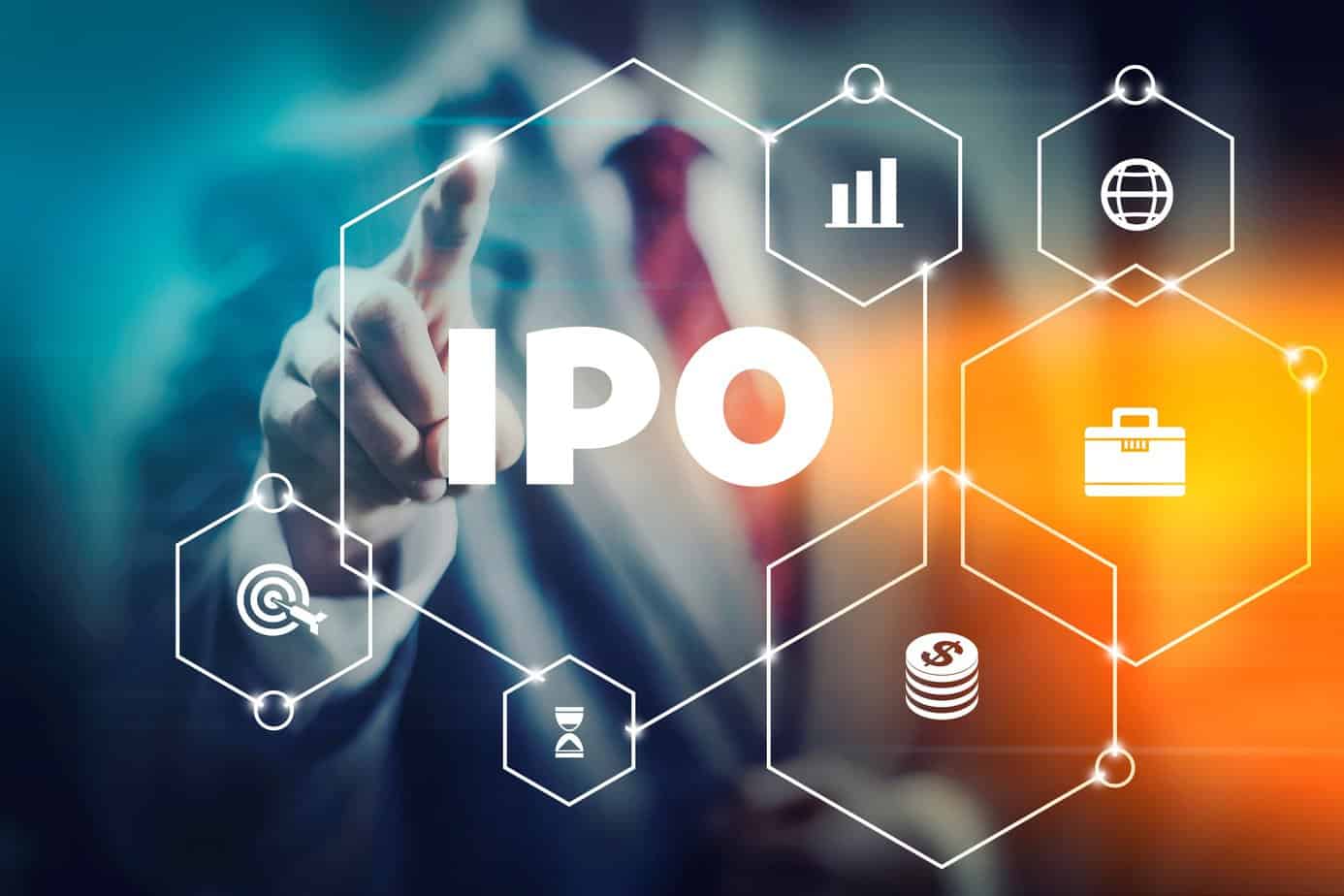IPO stocks have become highly popular, especially since Silicon Valley has started to produce some of the best and most profitable startups compared to anywhere on Earth. However, it can be a tempting prospect to buy a pre-IPO stock. Think about Peter Theil and Sheryl Sandberg, who had invested in Facebook before it got listed on the NASDAQ in 2012. Or consider Bobby Murphy and Evan Spiegel, who went public with Snapchat in 2017 and raised $30 Billion.

Finding companies that are best in place of an initial public offering could be something that could turn you into an overnight millionaire. It is risky and challenging to do so. It might not be as successful or glamorous as you once thought it would be. Here is just what one needs to know about pre-IPO stocks.
Pre-IPO stocks are private company shares offered to investors before the company makes its initial public offering (IPO) on a stock exchange. These investments offer the potential for significant returns but come with higher risks and uncertainties, including limited liquidity and regulatory complexities.
One notable example of a pre-IPO stock is Facebook (now Meta Platforms, Inc.). Before its IPO in May 2012, Facebook offered pre-IPO shares to private investors and venture capitalists, generating significant interest due to its rapid growth and popularity as a social network. When Facebook went public, it was one of the most anticipated IPOs, with an initial price of $38 per share. However, the stock initially struggled, dropping in value over the first few months due to various concerns, including questions about its revenue model and mobile advertising strategy.
Over time, as Facebook expanded its business, particularly in mobile advertising and through acquisitions like Instagram and WhatsApp, its stock value increased substantially. Investors who held onto their shares post-IPO saw considerable returns as the company grew into one of the largest tech giants in the world. This example demonstrates the potential rewards of pre-IPO investing and the risks and volatility that can accompany such investments in the short term.
Pre-IPO stocks represent shares of a privately held company before it goes public through an Initial Public Offering (IPO). Investing in pre-IPO stocks means buying into a company while it’s still private, expecting its value to increase once it goes public. Let’s explore this concept in detail:
Understanding Pre-IPO Stocks
- Investment Opportunity: Pre-IPO investing offers a chance to invest in a company before its shares are available on public stock exchanges like NASDAQ. Investors aim to buy these stocks at a lower price when the company is privately held and relatively small.
- Potential for High Returns: The main attraction of pre-IPO stocks is the possibility of significant returns. If the company performs well post-IPO, early investors can sell their shares at a much higher price than what they initially paid.
- Identifying Pre-IPO Opportunities: Recognizing pre-IPO stocks involves evaluating companies with the potential for high growth and a compelling business story. Investors should consider factors like market demand, customer base, industry growth, international expansion potential, uniqueness of the solution, and the company’s potential to become a billion-dollar corporation.
- Research Sources: Websites like Seed Ups, Our Crowd, Equidate, Share Post, and Equity Zen can provide information about companies selling shares before they go public.
Misconceptions and Risks
- Any Company as Pre-IPO: Technically, any corporation can be presented as a pre-IPO opportunity. However, this doesn’t guarantee success; sometimes, these offers could be scams.
- Ease of Going Public: While listing on the stock market might seem easy, it doesn’t guarantee liquidity or investor interest. Not all markets are as liquid as major ones like FTSE or NYSE.
- IPOs Aren’t Always Successful: Not all IPOs generate high returns. The stock’s success depends on market demand, irrespective of where it’s listed.
- Illiquidity of Pre-IPO Shares: Shares in privately-held firms can be challenging to sell before the IPO. Investors should be prepared for a long-term commitment.
- Regulatory Concerns: Investing in pre-IPO stocks is governed by laws. Investors usually need a private placement memorandum or an offering document to qualify as accredited investors. Compliance with these laws is crucial to avoid legal issues.
- Unknown Share Characteristics: Investing in a private business later in its growth can mean different rights than earlier shareholders. Understanding the rights and privileges attached to the shares being purchased is essential.
- Going Public as a Last Resort: Some companies go public primarily to raise funds for survival, not growth. This can be riskier, and investors should thoroughly review the company’s financial health and motivations for going Public.
Conclusion
Investing in pre-IPO stocks can offer high rewards, but it comes with significant risks and requires thorough research and understanding of the company and the market. Investors should be cautious, aware of regulatory requirements, and prepared for these investments’ potential illiquidity and long-term nature.
























